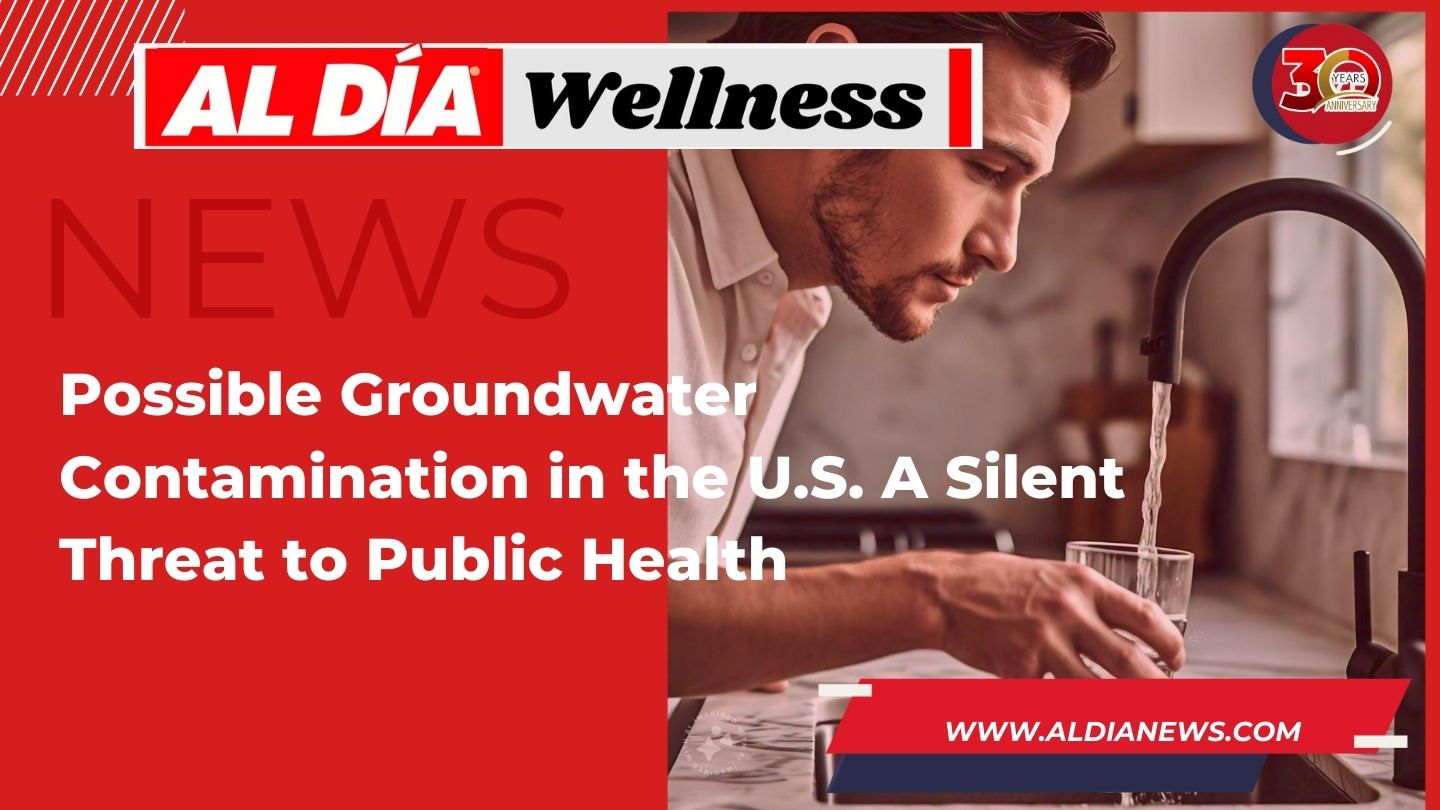
Possible Groundwater Contamination in the U.S.: A Silent Threat to Public Health
Possible Groundwater contamination with dangerous chemical compounds poses a significant public health threat in the U.S.
It is estimated that between 71 and 95 million people in the continental United States—over 20% of the population—may be consuming groundwater contaminated with harmful chemicals, including substances that increase cancer risk. This alarming situation has been confirmed by various studies and government reports.
Contaminants in Groundwater
Among the main contaminants found in groundwater are per- and polyfluoroalkyl substances (PFAS), known as "forever chemicals" due to their persistence in the environment and the human body. These substances have been linked to various health issues, including kidney and testicular cancer, liver diseases, and endocrine disorders. A study by the U.S. Geological Survey (USGS) revealed that drinking water from nearly half of the faucets in the country contains PFAS at concerning levels.
Sources of Contamination
PFAS are found in a wide range of consumer products, such as non-stick cookware, food packaging, and water-resistant clothing. Their widespread use and lack of natural degradation have led to contamination of groundwater sources, affecting both public water systems and private wells. The Environmental Protection Agency (EPA) has acknowledged the severity of the issue and proposed federal limits for six types of PFAS, though implementing these regulations is still underway.
Health Risks
Prolonged exposure to PFAS and other contaminants in drinking water has been linked to increased incidences of various cancers, thyroid diseases, reproductive problems, and immune system disorders. The persistence of these chemicals in the human body and their ability to bioaccumulate exacerbate the associated risks. Additionally, studies have shown that cumulative exposure to toxic chemical mixtures in drinking water could lead to over 100,000 cancer cases in the U.S.
Measures and Recommendations
Given this situation, it is crucial that authorities implement stricter regulations and carry out constant monitoring of drinking water quality. Consumers can take preventive steps, such as using certified water filters that reduce PFAS and other contaminants. Additionally, staying informed about local water quality and participating in community initiatives to protect water sources are highly recommended.
Groundwater contamination with dangerous chemical compounds poses a significant public health threat in the U.S. Coordinated actions among the government, industries, and civil society are imperative to address this problem and ensure safe drinking water access for the entire population.











LEAVE A COMMENT:
Join the discussion! Leave a comment.